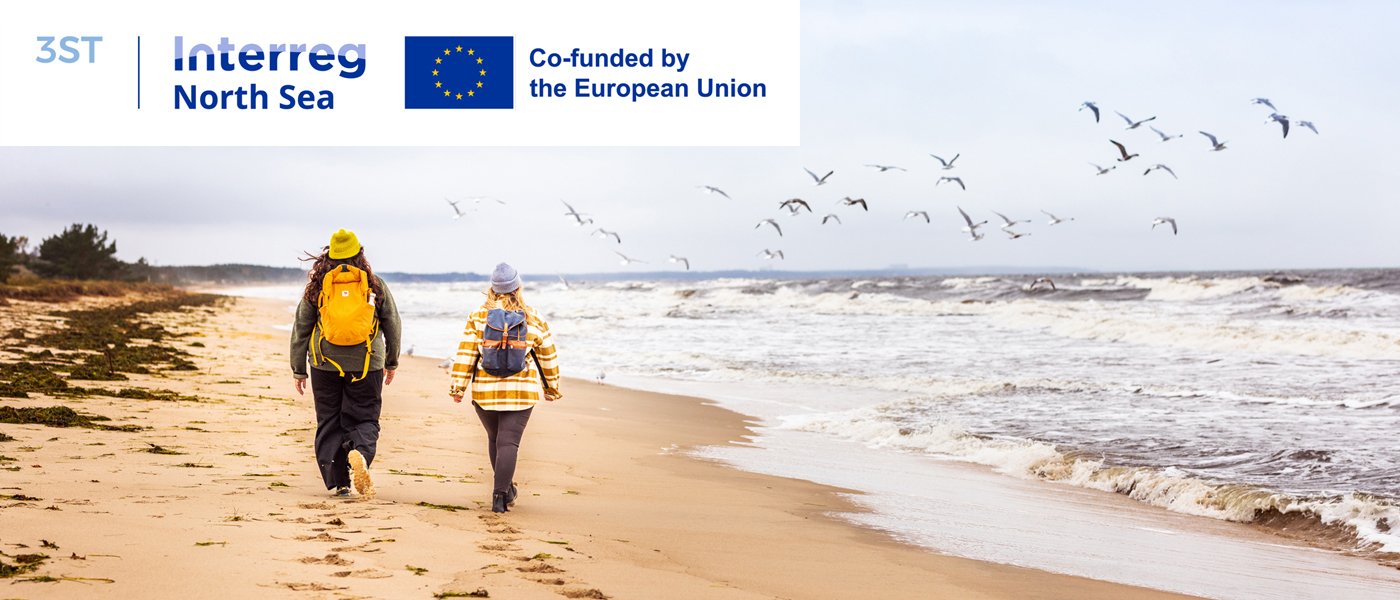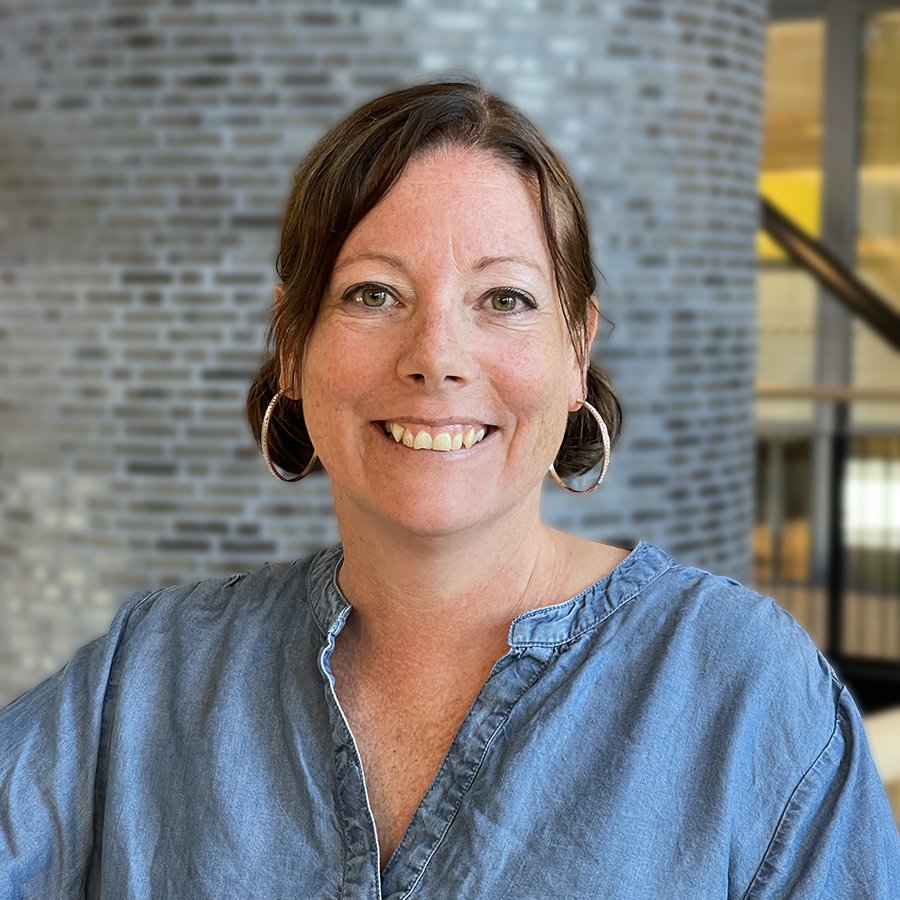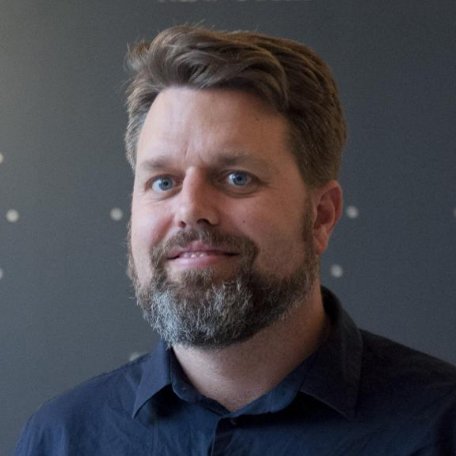
Interreg 3ST
Visit Skåne is part of the Interreg project 3ST, Speeding up Sustainability Skills in Tourism, where six countries in the North Sea region collaborate for shared expertise and successful methods for sustainable transformation in the tourism sector.
The project is funded by the Interreg North Sea Fund through the Swedish Agency for Economic and Regional Growth.


